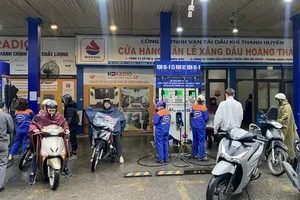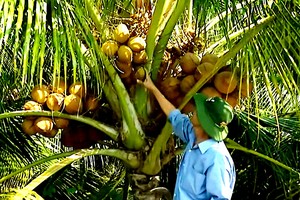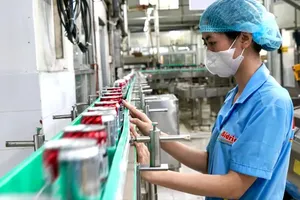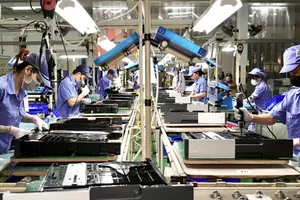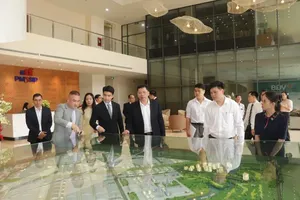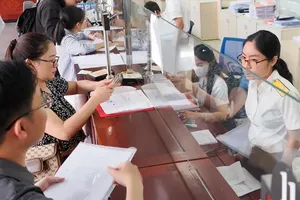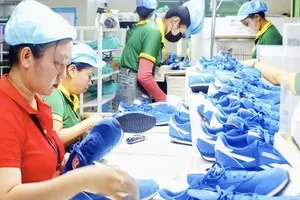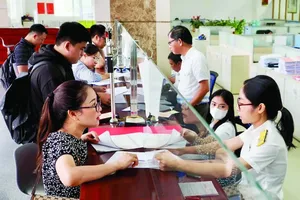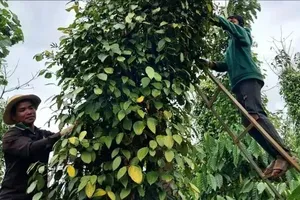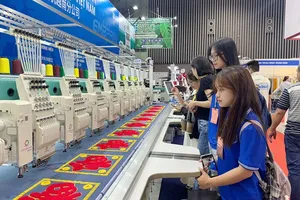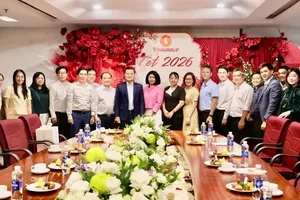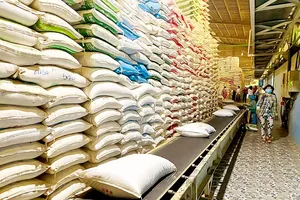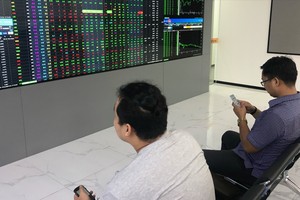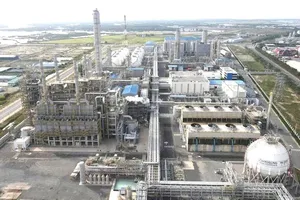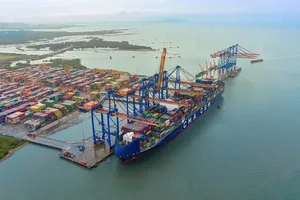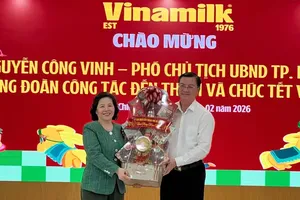Currently, numerous agricultural products—particularly fruits—across various regions of the country are entering or approaching peak harvest season. However, market conditions remain challenging, with declining prices, export difficulties, and limited control over distribution channels.

In response to these concerns, Sai Gon Giai Phong Newspaper had an interview with Minister of Agriculture and Environment Do Duc Duy about effective solutions to address short-term obstacles and foster the sustainable development of the agricultural sector with a particular focus on fruit production.
Minister Do Duc Duy has emphasized that deep processing is an essential strategy for the agricultural sector, aimed at enhancing product value and minimizing risks. Regarding durian, the Ministry of Agriculture and Environment is collaborating with various sectors to develop investment incentives for frozen durian. From 2025 to 2026, the Ministry plans to integrate processing support into the sustainable agricultural development program while also introducing credit policies, cold storage solutions, and preservation equipment.
On the market front, the Ministry is actively working to expand official exports to South Korea, Japan, India, and the UAE. The approach involves precise market segmentation and assisting businesses in meeting key requirements such as traceability, quarantine regulations, food safety standards, and brand development.
He stated that a key obstacle to agricultural exports is the lax enforcement of codes for growing areas, packaging facilities, and quality standards. Fraudulent use of growing area codes and failure to uphold technical requirements have severely harmed agricultural exports, with durian receiving warnings from export markets. The Ministry of Agriculture and Rural Development plans to issue a new circular that clearly defines the conditions for issuing and revoking these codes, while strengthening oversight responsibilities.
Additionally, the Ministry will propose tougher sanctions in the Law on Cultivation to hold both businesses and regulatory bodies accountable. Codes for growing areas and packaging facilities are critical technical barriers, and without stringent control, market access will be jeopardized.
The Government cannot oversee each individual farming plot; thus, local authorities will be held accountability for maintaining technical standards in cultivation areas. It is essential for local governments to clearly assign responsibilities down to the commune level, ensure sufficient specialized personnel, and establish effective coordination mechanisms between cultivation and plant protection agencies. A forthcoming revised circular will provide additional legal instruments to support this framework. In cases of non-compliance, localities will be held directly accountable to the Ministry of Agriculture and Environment and the higher government.
Alongside challenges in durian exports and declining mango prices, many other fruits—such as lychee, longan, rambutan, and watermelon—are also in peak harvest season, leaving farmers concerned about market access and sales.
To address these challenges, the Ministry of Agriculture and Environment has proposed four key solution groups:
- Enhance forecasting capabilities and guide production based on market signals to prevent trend-driven overproduction.
- Expand cold storage, temporary storage, and processing infrastructure to alleviate pressure during peak harvest periods.
- Strengthen trade promotion and explore new export markets, including Africa, South America, and the Middle East.
- Maintain consistent dissemination of market information for businesses and farmers, with a focus on quarantine requirements and food safety standards.
Market diversification is a strategic national priority that demands coordinated efforts across multiple ministries. The Ministry of Agriculture and Environment leads technical negotiations, while the Ministry of Industry and Trade facilitates trade promotion and tariff discussions. The Ministry of Foreign Affairs, along with market connection counselors, strengthens international ties, and the Ministry of Science and Technology fosters innovation in processing technologies.
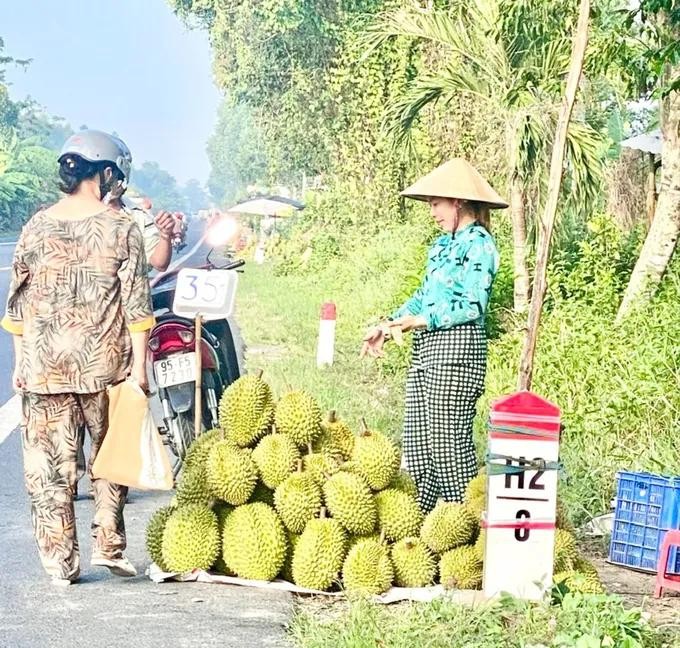
Moreover, the Ministry of Agriculture and Environment has put forth the "National Program for Developing Key Export Fruit Products," with durian positioned as a cornerstone of this initiative.
The Ministry of Agriculture and Environment urges enhanced traceability and oversight for agricultural areas. It has called on local authorities to strengthen oversight of agricultural production by publicizing growing area codes on an electronic traceability system.
In addition, it emphasized assigning supervision responsibilities at the commune level, suspending operations in areas failing to meet standards, and guiding farmers to adhere to proper techniques and documentation. While the Ministry will provide technical support, it stressed that local authorities must take full responsibility for compliance. Failure to enforce standards could jeopardize market access.
Minister Do Duc Duy leads trade delegation to the US
Minister Do Duc Duy recently led a delegation of nearly 50 Vietnamese agricultural agencies, businesses, and associations to the United States to explore trade opportunities.
The working visit focused on expanding agricultural cooperation and boosting imports and exports of agricultural, forestry, and fishery products. Vietnamese enterprises are eager to connect with US partners to source products such as animal feed ingredients, fertilizers, biological pesticides, meat products, cold-water seafood, and raw wood. Minister Duy highlighted that Vietnam and the US have complementary agricultural strengths, fostering collaboration without direct competition.
